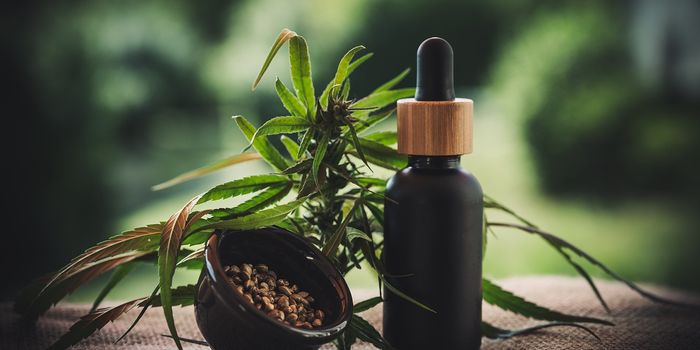Relief of Chronic Kidney Disease with Cannabis
As more states move away from prohibition of cannabis more questions are being asked about the effects cannabis has on the human body. Once thought as of a toxic substance, many have questioned what the repercussions are on the kidneys. A new study conducted by Dr. Murray Mittleman, professor of epidemiology at Harvard University's School of Public Health and an associate professor of medicine at Harvard Medical School reveals there's no link between marijuana use and kidney disease at least among younger people who use the drug in moderation. "Our research provides some reassuring evidence suggesting that there is no detrimental effect of infrequent, relatively light use of marijuana on kidney function among healthy adults under age 60," said lead investigator Dr. Murray Mittleman. "However, our research does not address heavy users, the elderly, or those with pre-existing chronic kidney disease," Mittleman said in a Harvard news release. "Research is needed to evaluate the impact of marijuana use in adults 60 and over, and among those with existing or at risk of developing kidney disease." Mittleman's team analyzed data from nearly 14,000 U.S. adults, ages 18 to 59, who took part in the National Health and Nutrition Examination Survey from 2007 to 2014. Levels of microalbuminuria, which is a marker for kidney disease were checked by researchers, and they found no association between past or current cannabis use and worsened kidney function or disease.
So, if cannabis doesn't hurt the kidneys, can it help? In the United States, kidney disease is the ninth leading cause of death. It’s also estimated that 31 million Americans are diagnosed with chronic kidney disease (CKD). This disease is plagued with symptoms such as nausea, vomiting, sleep problems, loss of appetite, muscle cramps, swelling of feet and ankles, and chronic pain. Currently, physicians prescribe opioids to help patients deal with the symptoms, but opioids are a danger all on their own as an overdose can lead to death, and long-term use can lead to addiction. Thankfully states are allowing sufferers of chronic pain to have legal access to cannabis which helps relieve many of these symptoms. The cannabinoid receptors CB1 and CB2 are found throughout the tissues of the kidneys. Scientists still have yet to discover the interaction that occurs within the kidney with the receptors and cannabinoids, but many of the symptoms are being relieved.
Furthermore, cannabis could prevent kidney damage while also relieving pain and other symptoms. Often nonsteroidal anti-inflammatory drugs are used to reduce the pain but result in harmful chemicals entering the bloodstream. This puts added stress onto the kidneys as the numerous non-steroidal anti-inflammatory drugs including Ibuprofen, Advil, Motrin, Asprin, and Aleve contain substances that are actually toxic to the kidneys. The research performed to show that cannabis does not cause damage to the kidneys puts cannabis in the lead for a promising alternative to harmful anti-inflammatories and opioids. Although it has not been shown to cure kidney disease, it has been proven to be a safer compound to help relieve symptoms.
Sources: webmd, mayoclinic, frenchtoast, project CBD, youtube









